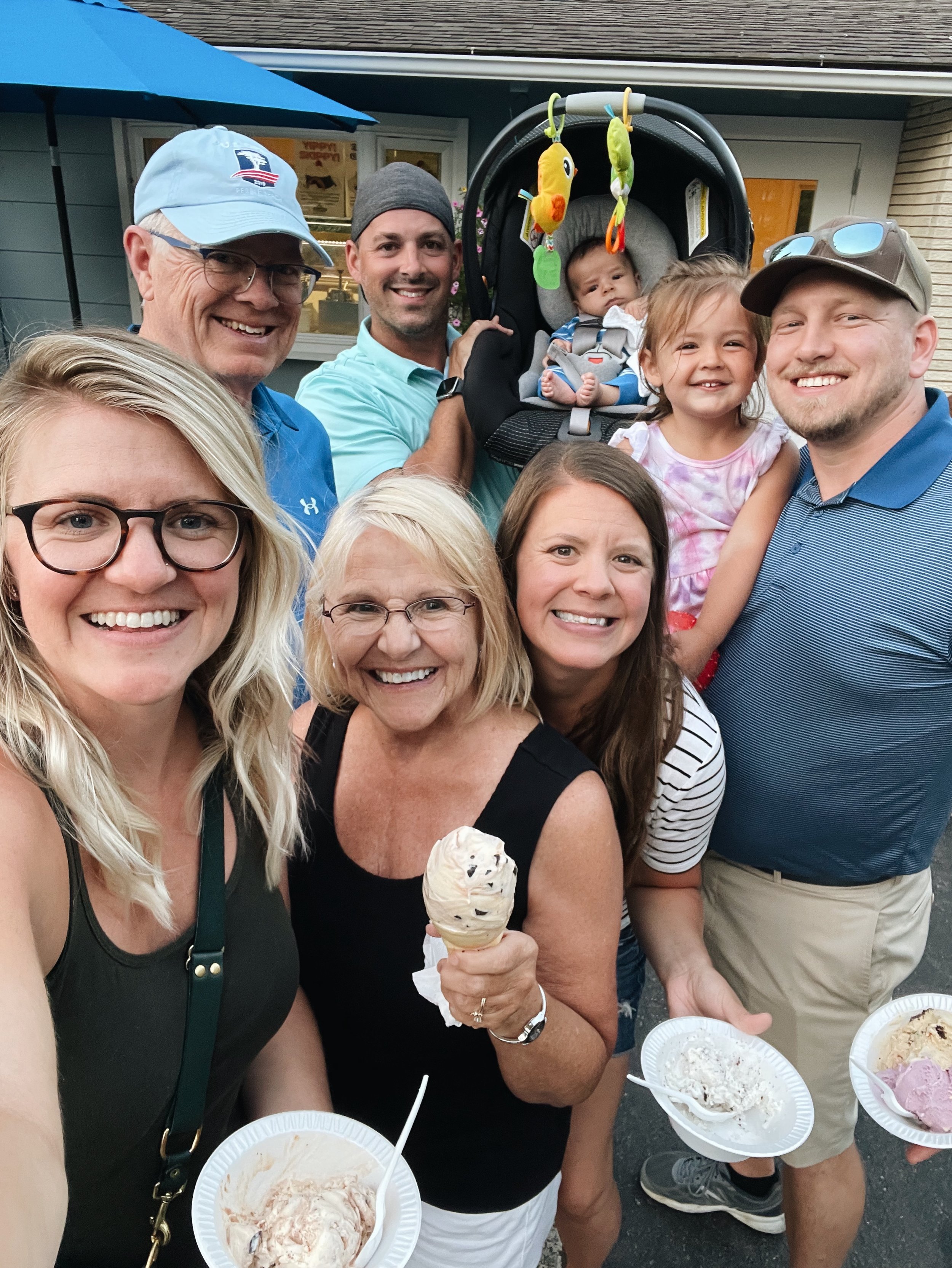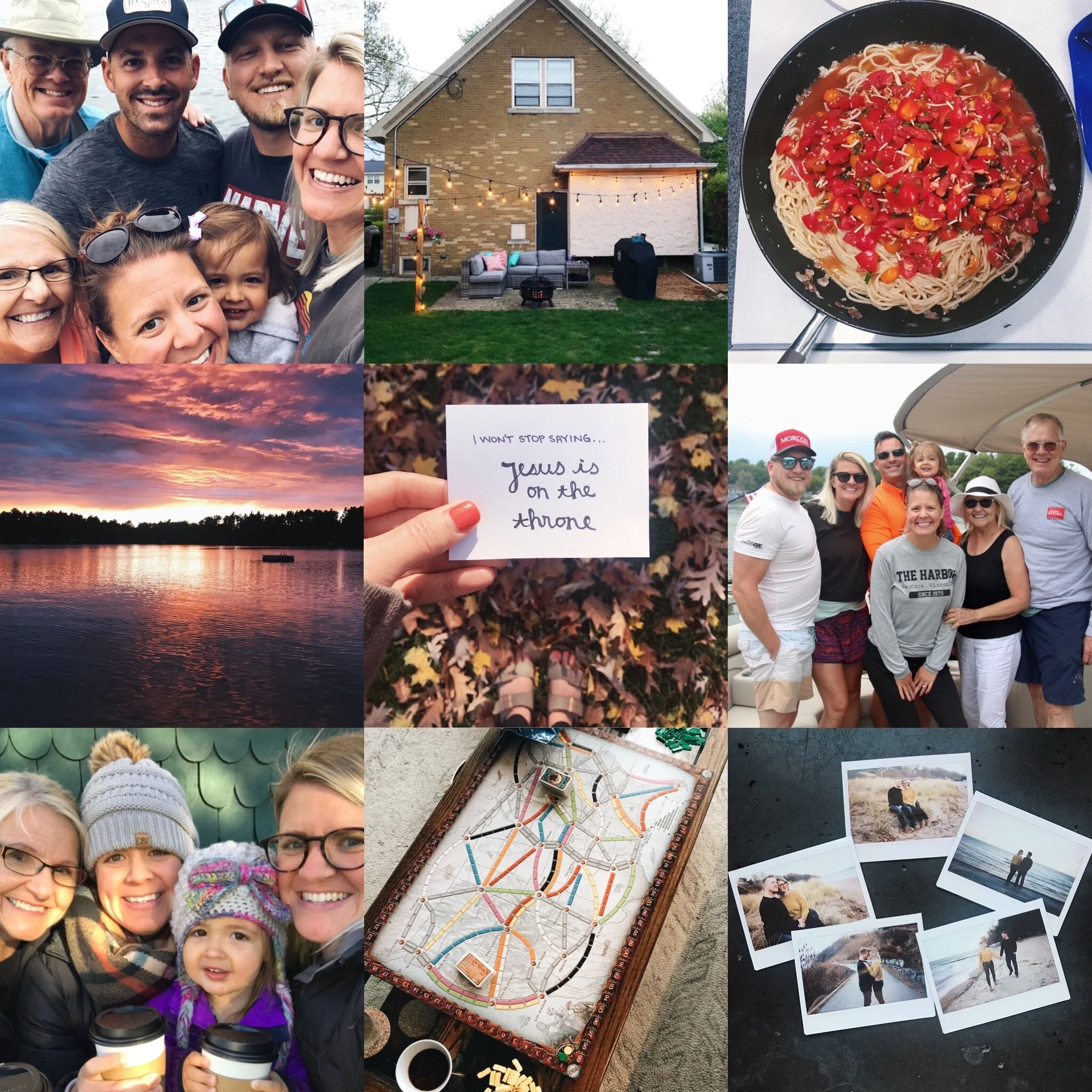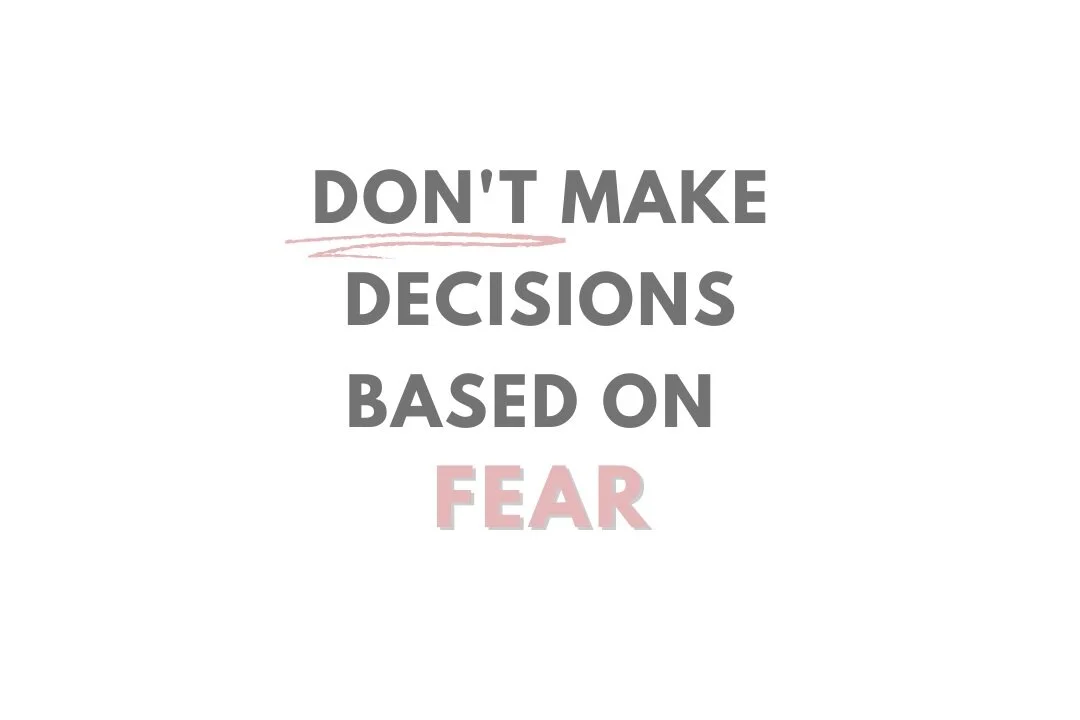A devotional sharing how God’s word brought calm to my body and mind during a pre-flight panic attack. This post tells the joyful story of finding peace on an airplane for the first time in over seven years, offering encouragement to anyone facing anxiety.
Read MorePanic attacks wreaked my body several times a day when my family members got Covid during the pandemic and fear ran rampant. This post talks about the panic that almost wrecked me, and how I fought through to find peace.
Read MoreIn a season where I’m constantly asking, “How long until this struggle is over, Lord?” I’m pressing in to the messy middle and learning to rely on God.
Read MoreIf you’re feeling emotionally or physically overdone, repeat after me “God will sustain me.” Sharing about a time when my nephew was in the NICU and God carried and sustained me when physical and mental exhaustion wore me down.
Read MoreWhat if taking a breath was the secret sauce to finding strength in all areas of life? The more we practice this simple act of taking a breath in the transition – the more we open ourselves up to experience the stillness and strength that comes from knowing Christ Jesus.
Read MoreReflecting on 2020 and sharing five lessons I learned.
Read MoreHow to avoid making decisions based on fear
Read More






